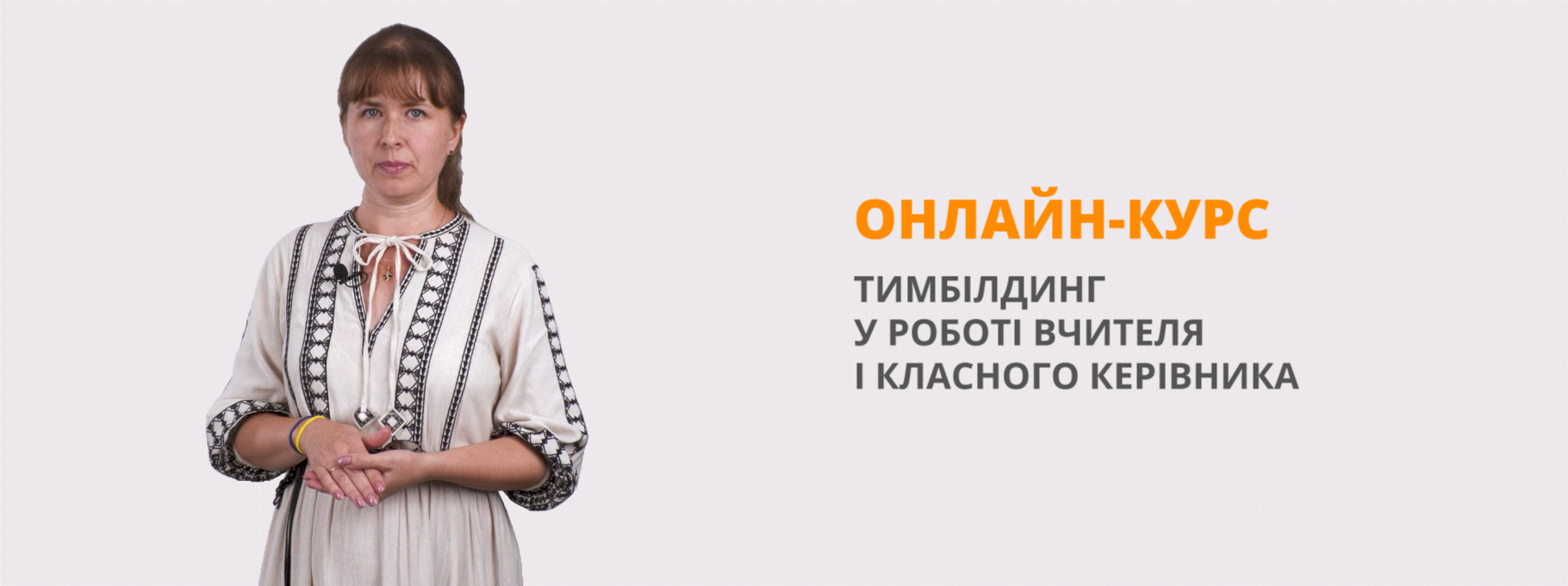Конспект уроку "The Young Ukrainians" до підручника Англійської мови В.Буренко, 11 клас, рівень стандарту
The Young Ukrainians
Objectives:
- to revise previously taught vocabulary;
- to improve students’ vocabulary skills;
- to develop students’ speaking skills;
- to broaden student’s vocabulary;
- to interest students in learning grammar;
- to develop students’ grammar competence;
- to motivate linguistic guess;
- to activate thinking and imagination;
- to activate error correction work;
- to take care of your health
- to provide a stable and welcoming atmosphere in the class;
- to develop self-esteem and mutual esteem;
- to inspire students to work in pairs.
Outcomes: by the end of the lesson students will be able:
- to use the words correctly;
- to give the definitions of the words.
Procedure
1. Warm-up
Ex.1 p.80
Listen, read and discuss if it is really necessary to dare be the best you can.
Dare Be
When a new day begins, dare smile gratefully.
When there is darkness, dare be the first to shine a light.
When there is injustice, dare be the first to condemn it.
When something seems difficult, dare do it anyway.
When life seems to beat you down, dare fight back.
When there seems to be no hope, dare find some.
When you’re feeling tired, dare keep going.
When times are tough, dare be tougher.
When love hurts you, dare love again.
When someone is hurting, dare help them heal.
When another is lost, dare help them find the way.
When a friend falls, dare be the first to extend a hand.
When you cross paths with others, dare make them smile.
When you feel great, dare help someone else feel great, too.
When the day has ended, dare feel as you’ve done your best.
Dare be the best you —
At all times, dare be!
Steve Maraboli
1. to dare — відважуватися, мати сміливість
2. to condemn — засуджувати
3. tough — міцний; стійкий; жорсткий
4. to extend — протягувати
2. vocabulary
Ex.2 p.80
Listen and read the new words and their definitions. Make some sentences with these words.
1. intelligence n the ability to think, to learn and to understand in a proper way; to do all things well
2. oath (pl. oaths) n a formal promise to do smth
3. to promote v to help smth develop; to encourage
4. sense n sight, hearing, etc.; feeling; understanding; meaning
5. consciousness n awareness; the state of being able to use your senses and mental powers in order to understand what is happening
6. fraternity n a feeling of friendship and support of the members of a group; a group of people sharing the same interests and beliefs
7. to worsen v to deteriorate; to become or make smth worse than it was before
8. to restrain v to keep under control; to stop smb/smth from doing smth
9. gift n talent; a present
3. reading
Ex.3 p.81
Read the text “The Young Ukrainians”. For each of the empty spaces (1—7) choose the correct answers (A, B, C or D).
4. speaking
Find the English meanings of these words:
- розум, інтелект;
- клятва;
- просувати;
- підтримувати;
- почуття; відчуття;
- чуття;
- свідомість;
- братство; громада;
- погіршувати(ся);
- стримувати;
- утримувати;
- подарунок, дар;
- талант.
Name and spell them.
Ex.4 p.82
Look through the text again and say which of the problems young people face are the most important in your opinion.
5. speaking and listening
Ex.5 p.82 Discuss.
1. What youth organisation is the most numerous? Why?
2. Are all youth organisations of Ukraine mentioned in the text in your opinion?
3. What youth organisations have not been mentioned in the text?
4. Which of the youth organisations is the most effective in your opinion? Why?
6. Work in pairs. Discuss and write down the most urgent problems young people face in our country in your opinion. Present your ideas to the classmates.
7. Work in groups. Discuss if young people want to highlight their problems and what forms of social actions can be taken. Think of some other legal forms of social actions. Use the Internet and book resources if necessary. Present your ideas to the classmates.
These expressions can help you:
an art exhibition, an open performance, a social media campaign.
6. summary
Ex.8 p.82
There are a lot of problems but some of them young people can overcome themselves. Read this poem by Mother Teresa and discuss. This poem will help you in solving your problems.
Life is beauty. Admire it!
Life is mystery. Know it!
Life is a game. Become a player.
Life is love. Enjoy it!
Life is your dream. Realize it!
Life is a duty. Complete it!
Life is a challenge. Meet it!
Life is an adventure. Dare it!
Life is a struggle. Accept it!
Life is luck. Catch this moment!
It’s your life. Choose it!
Life is a song. Sing it to the end!
8. Homework
Ex.9 p.82
You’ve received a letter from your English pen friend, Jim. He writes that young people face different problems in his country and asks about youth problems in Ukraine. Write a letter of about 100—120 words to your pen friend.
Include the following:
- problems young Ukrainians face in our country;
- youth organisations of Ukraine;
- ways of solving youth’s problems.


про публікацію авторської розробки
Додати розробку
